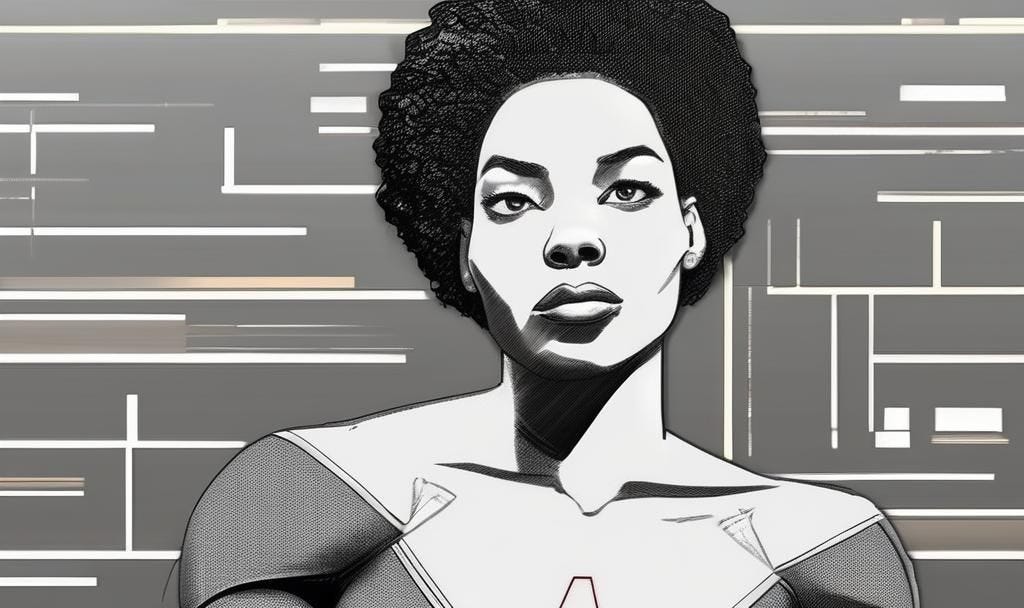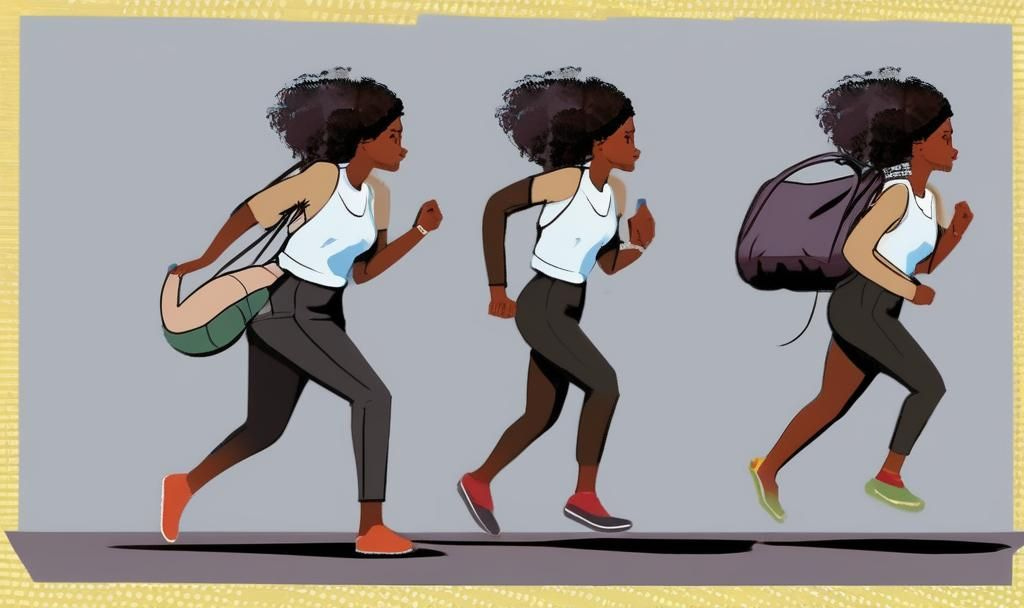Election 2024: Competency Checking and the Unseen Battle for Equity In the Workplace
Win or Lose Competency Checking Will be Center Stage
As we stand on the brink of November 5th, the stakes of this election are monumental. But beyond the headlines and policy debates lies a subtler narrative: the persistent weight of competency checking. For Black and other professionals of color, this systemic phenomenon sets a higher bar for job entry, retention, and advancement—expectations not equally placed on white colleagues.
Consider Vice President Kamala Harris. If she wins, she may transition from "pet to threat"—a term for the paradox of being celebrated until one is deemed a threat to existing power structures—and face what is known as a "cracked glass cliff," an inherently precarious leadership position.
These aren't just metaphors; they reflect what many Black leaders experience daily in their professional lives. As detailed in The Grio, Chantel Adams's story resonates deeply: despite excelling in her work, her sharp intellect was labeled "intimidating," stalling her career.
This isn’t a new story. The Economic Policy Institute’s data reveals that even with degrees and experience, Black workers are consistently more likely to be unemployed and underemployed. The March 2024 Department of Labor statistics reported that Black women experienced significant unemployment increases, reinforcing what has long been evident: competency checking is systemic and not rooted in merit or qualifications.
In my upcoming book, Qualified: How Competency Checking and Race Collide at Work, I detail the "invisible weight" described by leaders I interviewed for the book, leaders like Nakeia Daniels, "It’s like the fireman’s carry, where you have to carry another person on your back while running for safety" she explained, illustrating the burden of constantly having to prove one's worth in an environment primed to doubt it.
This reality is compounded by "goal-based stereotyping," as researchers Carton and Rosette described. Black professionals, unlike their white counterparts, are scrutinized differently: their failures are seen as inherent incompetence, while their successes are attributed to external factors, such as luck. This systemic disbelief extends across sectors, from academia to corporate America.
Breaking these cycles means addressing the individual acts of bias and the structures that perpetuate them. It requires a collective shift from HR practices to leadership evaluations to dismantle the myth of meritocracy that ignores racialized standards. As Carton and Rosette suggest, auditing these practices and implementing new evaluative measures can help leaders recognize these biases and disrupt the cycle.
This election is more than a political event. It mirrors our collective practices in workplaces across America. If we can identify and address competency checking as what it truly is—an obstacle to equity—we can take a step toward a fairer, more innovative society.




